Determine which approach to grantmaking works best for your foundation
In philanthropy, there is much written about responsive and strategic approaches to philanthropy. Which approach is the most appropriate? Meaningful? Effective? Grantmakers have many roles to play in a community, and how they define those roles can vary greatly, so it’s important for foundations to understand both strategic and responsive options to determine which approach may be preferable.
Responsive grantmaking is being open to receiving proposals and ideas from any nonprofit and allowing the nonprofits to drive the agenda. Requests are initiated by the nonprofit, rather than by a funder seeking them out. This doesn’t mean that a foundation doesn’t have core areas of focus, but it does mean that within those areas it wishes to be responsive to the needs nonprofits feel most keenly. For example, a funder may focus on substance abuse but be open to supporting a wide range of prevention and treatment programs, as well as programs serving youth and families to address multigenerational factors that lead to abuse.
In general, responsive grantmaking makes sense when a funder is just getting started — either as a new foundation or as an established foundation that is wading into a new issue area. Responsive grantmaking also can be a way to show support to the community when a funder is not interested, ready or able to put the required effort and resources into a strategic approach. Funders that intentionally want to remain open to a variety of ideas that emerge from the community often use a responsive approach. And for some foundations, responsive grantmaking is simply the best fit for their missions — particularly those whose missions are very broad and highly localized.
Strategic grantmaking (also called proactive grantmaking) is grantmaking with more focused goals and a defined set of strategies for how a foundation wants to accomplish those goals. The funder drives the agenda rather than the grantees, although it is best to include grantees in the creation of the goals and strategies. Strategic funders typically see themselves as accountable for successful outcomes. For example, a strategic grantmaker may decide to focus on reducing the stigma of substance abuse and deploy strategies that include a statewide communications campaign, increased support for Alcoholics Anonymous and Alanon and policy advocacy to health insurance providers to cover treatment.
Strategic philanthropy usually makes sense after a foundation has been funding responsively for a while and has learned a lot about a specific issue it can address strategically. It also makes sense for funders that are very clear in their mission or intent to make a difference in a specific area. And, for funders who find that making a variety of different grants is proving unsatisfactory in terms of demonstrating the results they desire, a strategic approach can be a way to achieve more measurable impact. In any case, funders who engage in strategic philanthropy should be ready to commit to their strategy for more than one or two grant cycles and think in terms of three to five years instead.
Responsive and strategic grantmaking each come with a set of pros and cons, but, in truth, there will always be room for both grantmaking approaches. The beauty of philanthropy is that it is not restricted to one method, and a good many funders use responsive and strategic approaches in tandem to pursue promising solutions while keeping the door open to new ideas. The secret is to understand the options and explore each to the fullest.
How will you employ them? To learn more about responsive and strategic grantmaking, and to determine the best approach for your organization, download Responsive vs. Strategic Grantmaking: Exploring the Options.
Additional Reading:
- Leave The Office And Break Out Of Your Bubble
- Five Best Practices Of Extraordinary Grantmakers
- The Delusional Philanthropist
This article was originally written for and published by Forbes.com.
© 2018 Kris Putnam-Walkerly. All rights reserved. Permission granted to excerpt or reprint with attribution.
How Can I Help You?
I serve as a trusted advisor to foundation leaders and high-wealth donors across the globe. My clients report immediate and dramatic improvement in both personal performance and philanthropic impact.
If you or someone you know could use my help, please send them my way. Contact me directly at kris@putnam-consulting.com or call me at 800-598-2102 x1 and we can work together to make your giving matter.
__________________________________________________________________________
Kris Putnam-Walkerly, MSW, has helped to transform the impact of top global philanthropies for almost 20 years. A member of the Million Dollar Consultant Hall of Fame and named one of America’s Top 25 Philanthropy Speakers. Author of the award-winning book Confident Giving: Sage Advice for Funders, which was named one of “The 10 Best Corporate Social Responsibility Books.” For more ways to improve your giving, visit Putnam Consulting Group.
__________________________________________________________________________
“Putnam was instrumental in helping the United Way of the Bay Area identify organizational challenges and set priorities to tackle these challenges. They did this in a very thorough and responsive way, without taking too much of our staff’s time. The Putnam team understood our institutional culture and brought remarkable diplomacy to a difficult situation. They presented their findings to our various stakeholders in ways that prompted action and commitment and have changed the way we do business here.”
Molly Wertz, Vice President United Way of the Bay Area
__________________________________________________________________________








